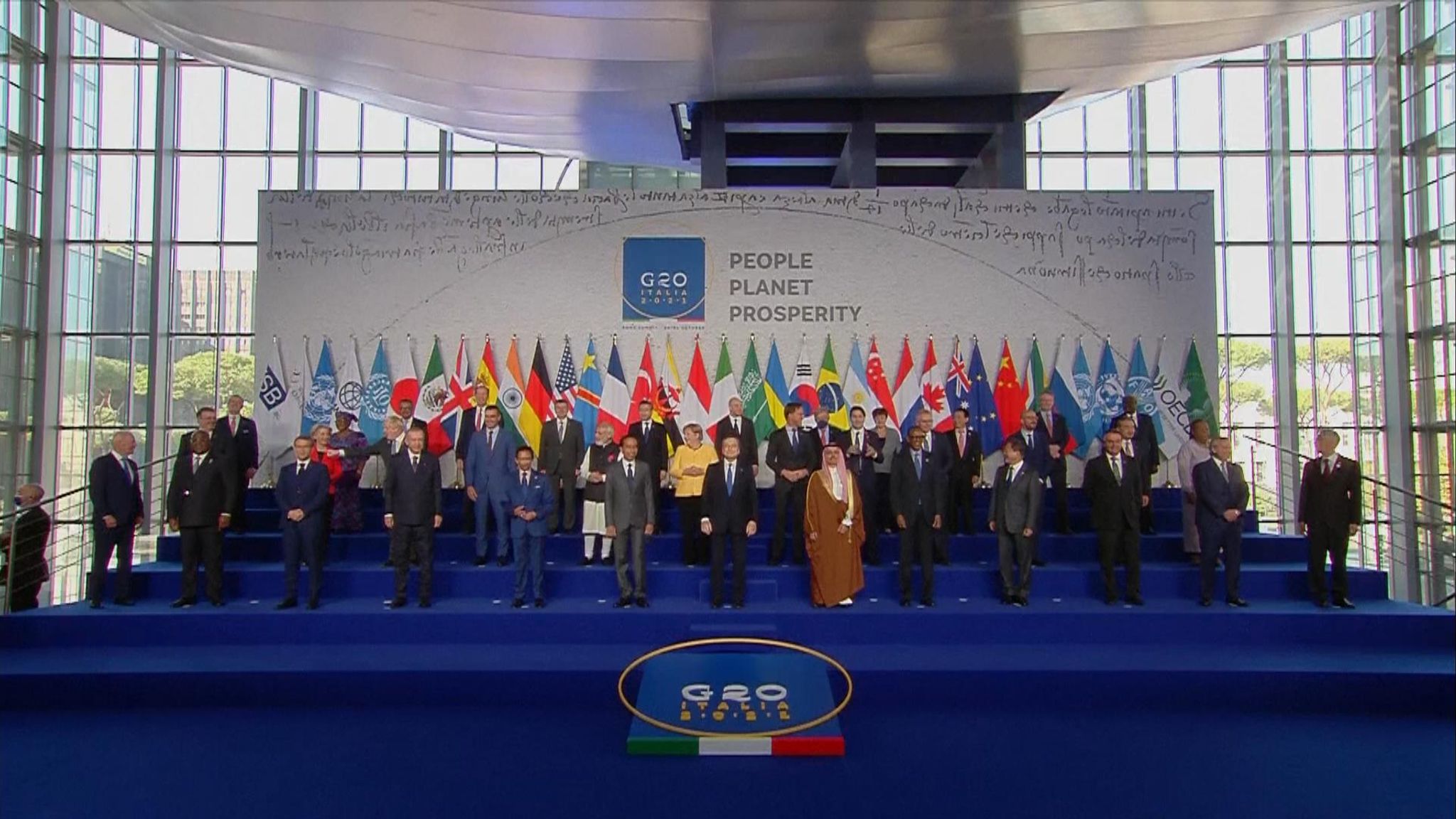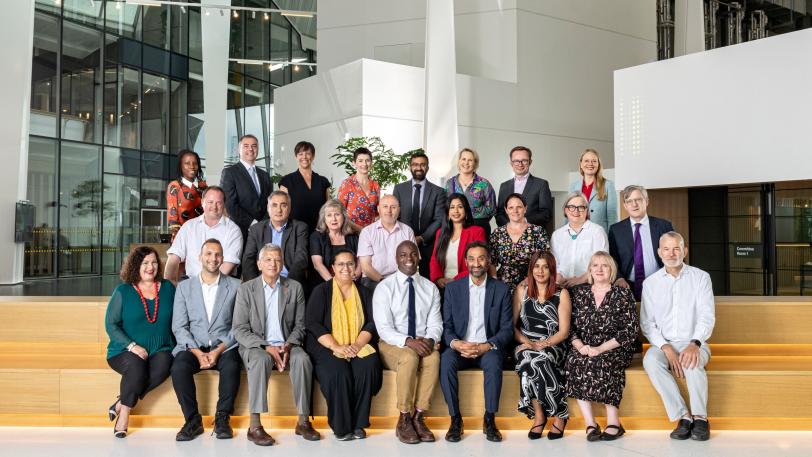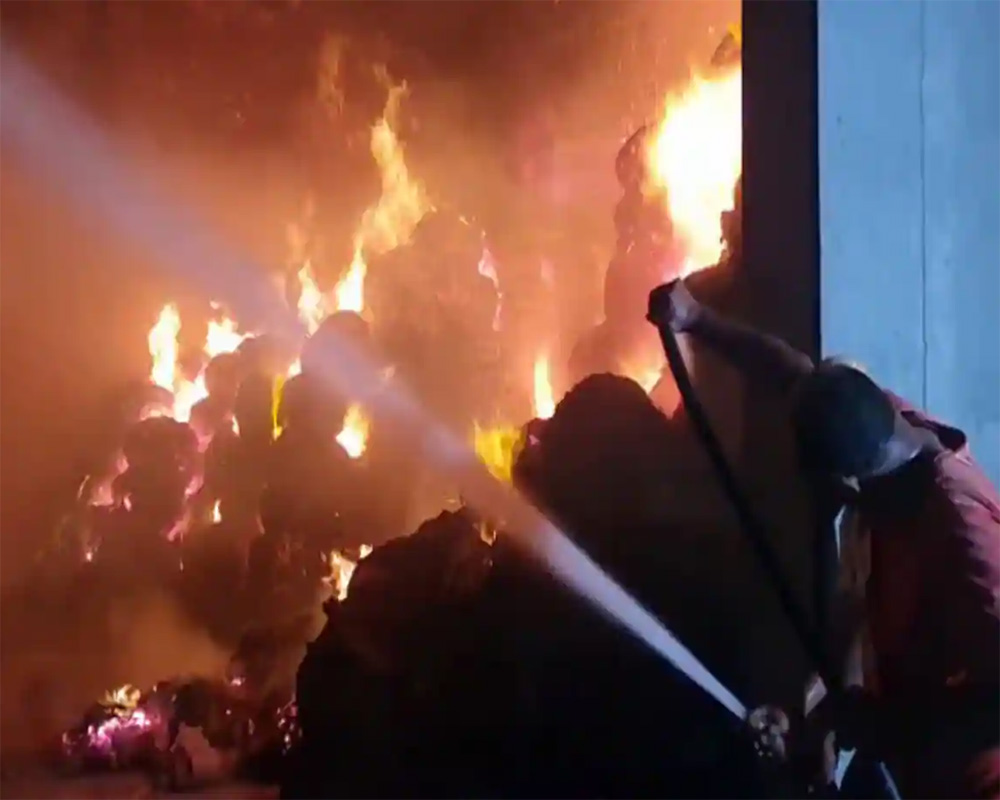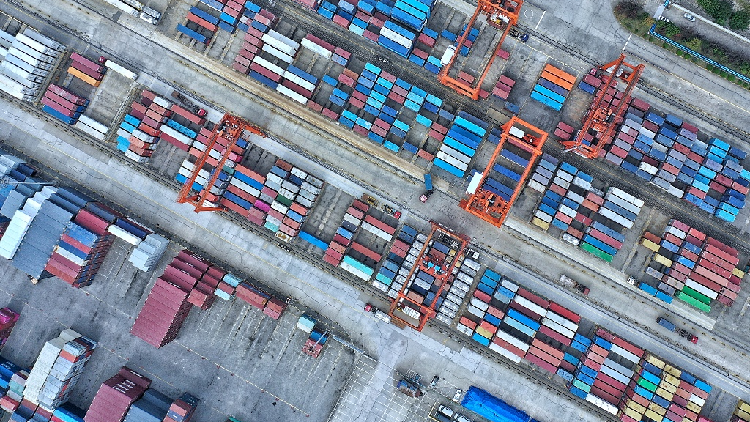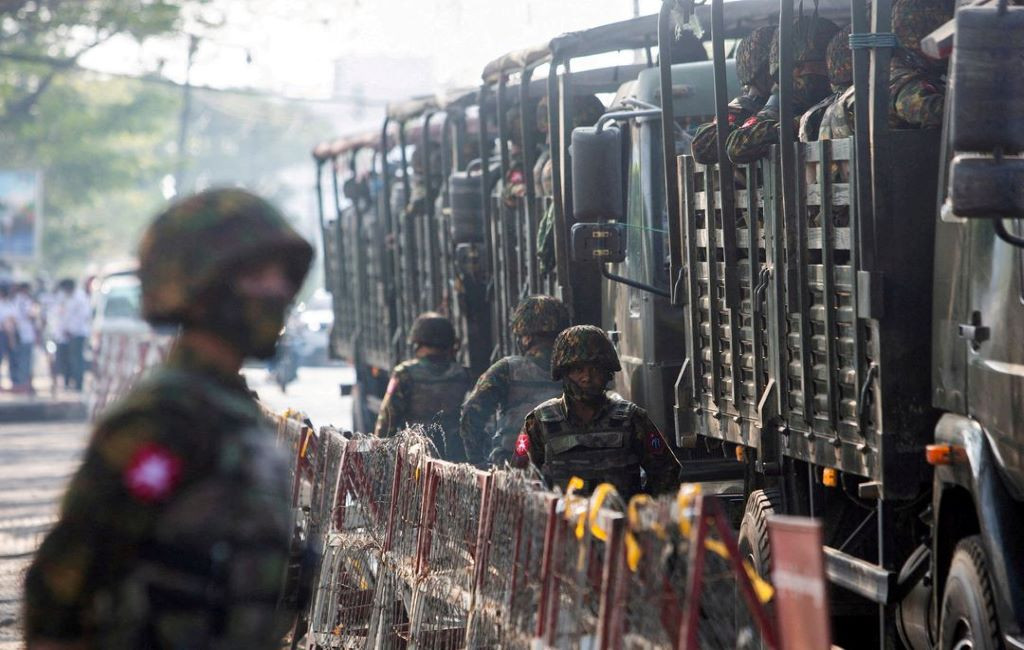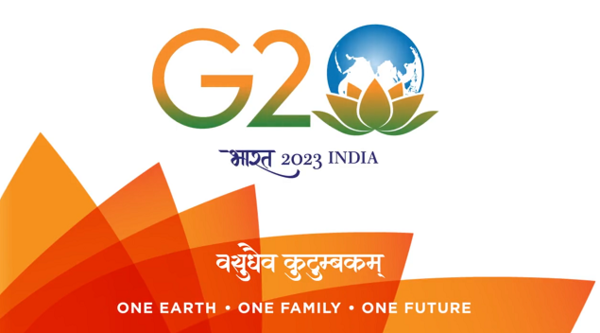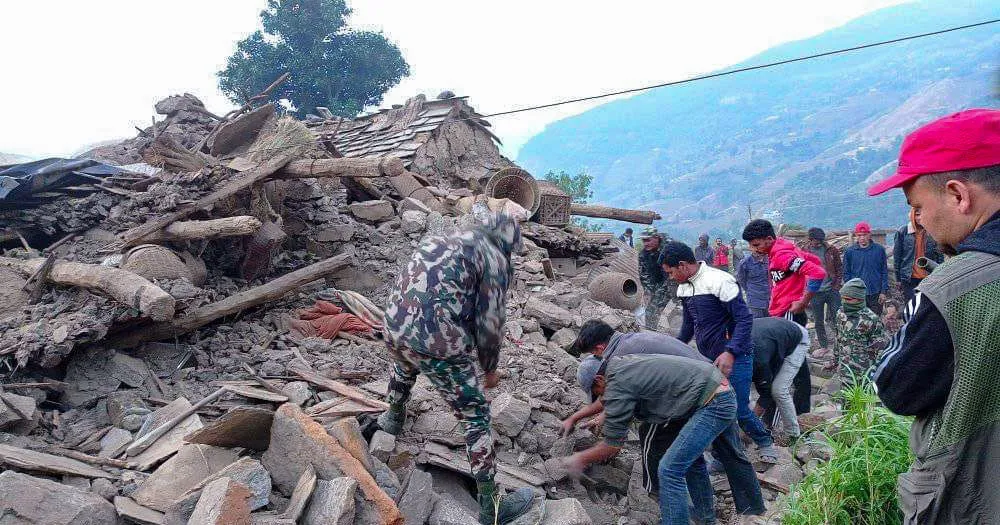Kathmandu: The World Bank and Rural Reconstruction Nepal (RRN) signed a USD 4.5 million grant agreement to strengthen the capacity of Indigenous Peoples and Local Communities (IPLCs) in Nepal’s forest sector.
The five-year Dedicated Grant Mechanism for Indigenous Peoples and Local Communities in Nepal project will help enhance the capacity of IPLCs to participate in Nepal’s REDD+ (Reducing Emissions from Deforestation and Forest Degradation) processes at the local, national, and global levels for the sustainable management of forests, the World Bank said. “This will help create livelihood opportunities and increase the income of forest-dependent communities in the Madhesh and Lumbini Provinces.”
The Rural Reconstruction Nepal is the national executing agency for the project.
The agreement was signed by Lada Strelkova, World Bank Operations Manager for Maldives, Nepal, and Sri Lanka, and Dr Arjun Karki, President of Rural Reconstruction Nepal.
“This project supports Nepal’s Indigenous Peoples and Local Communities through a dedicated funding mechanism that will promote and protect their customary institutions that are crucial for the sustainable management of natural resources and climate resilience,” said Lada Strelkova, World Bank Operations Manager for Maldives, Nepal, and Sri Lanka.
“The project contributes significantly to Nepal’s transition to Green, Resilient, and Inclusive Development (GRID) for sustainable recovery, growth, and jobs.”
The DGM Nepal project aims to provide long‐term benefits to IPLCs from the sustainable use of forests, including adding value to products and more active involvement in Nepal’s policy-making process.
“The project provides much-needed support to forest-dependent indigenous peoples and local communities to enhance their resilience and build livelihoods through small-scale forest and non-forest-based business and employment opportunities,” said Dr Arjun K. Karki, President of Rural Reconstruction Nepal. IPLCs are both beneficiaries and active proponents and participants in the project.
During implementation, they will preside over the use of the grant resources in Nepal through a National Steering Committee (NSC) to provide strategic and leadership guidance to the RRN as executing agency.
The NSC is a 14-member team of representative NGOs identified through a self-selection process with an equal representation of IPLC representatives as decision-making members.
“This project is an excellent example of the innovation and leadership of Indigenous Peoples and Local Communities in Nepal,” said Meerim Shakirova, Natural Resources Management Specialist at the World Bank. “Notably, it demonstrates that they can lead the design and implementation of development projects, meeting the expectations of the communities they represent as well as the requirements of the World Bank, donors, and partners.”
The DGM Nepal project is funded by the Climate Investment Funds (CIF) Forest Investment Program (FIP) implemented by the World Bank to enhance the role of IPLCs in protecting the forests they depend on. “Indigenous Peoples and Local Communities in Nepal are a critical pillar for climate action. I believe that the project will improve their capacity and skills to have a greater role in forest-related decisions at the country and international levels,” said Ms. Bharati Pathak, Co-chair of the National Steering Committee.
“If forest-dependent indigenous peoples and local communities from Madhesh and Lumbini Provinces can generate income from forest-related activities and foster innovation through this project’s capacity building and competitive grants mechanism, it will encourage IPLCs to ensure that their traditional knowledge, norms, and values are recognized alongside with the customary law,” said Mr. Jagat Baram, Co-chair of the National Steering Committee. (Nepal Live Today)






